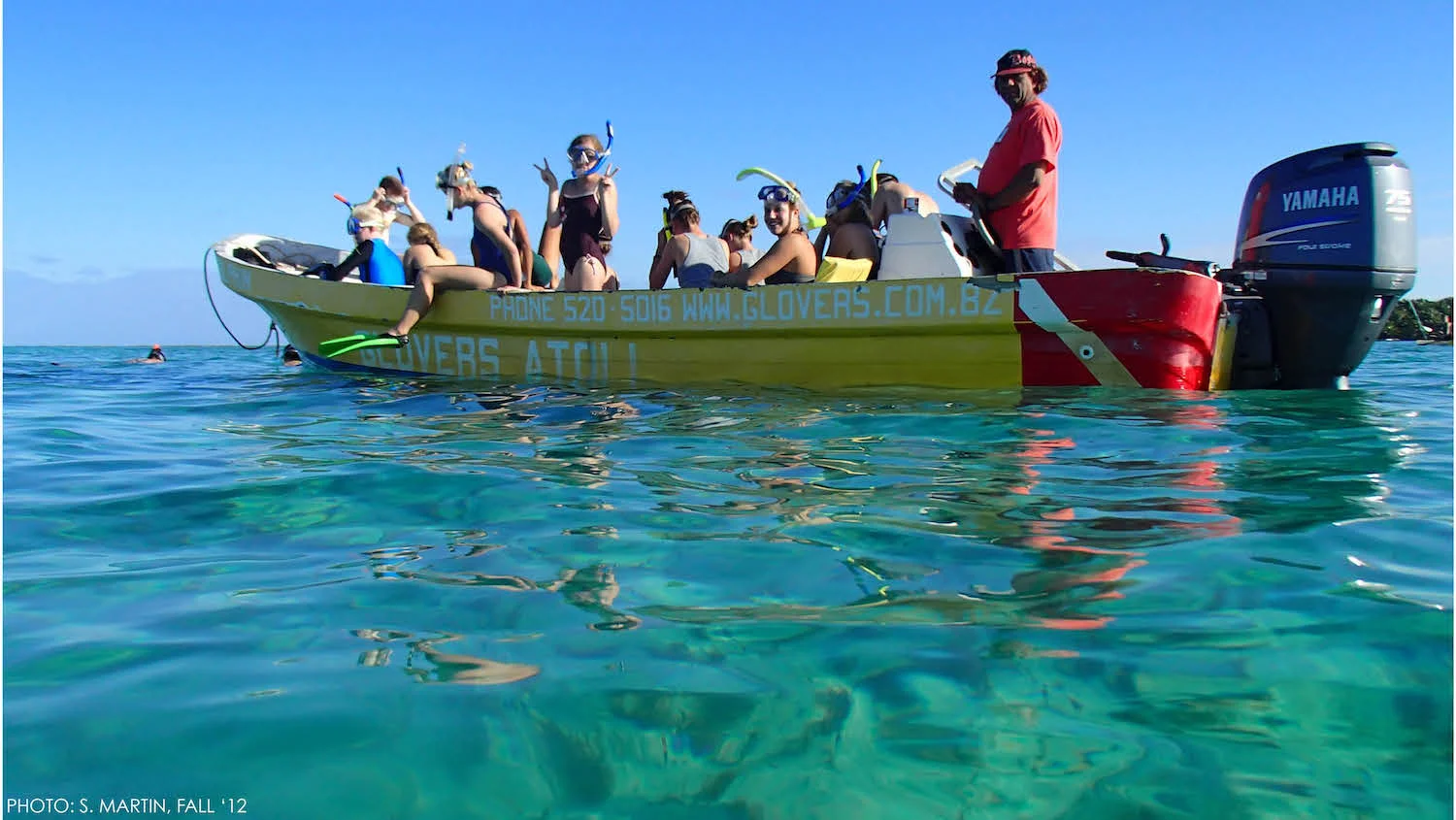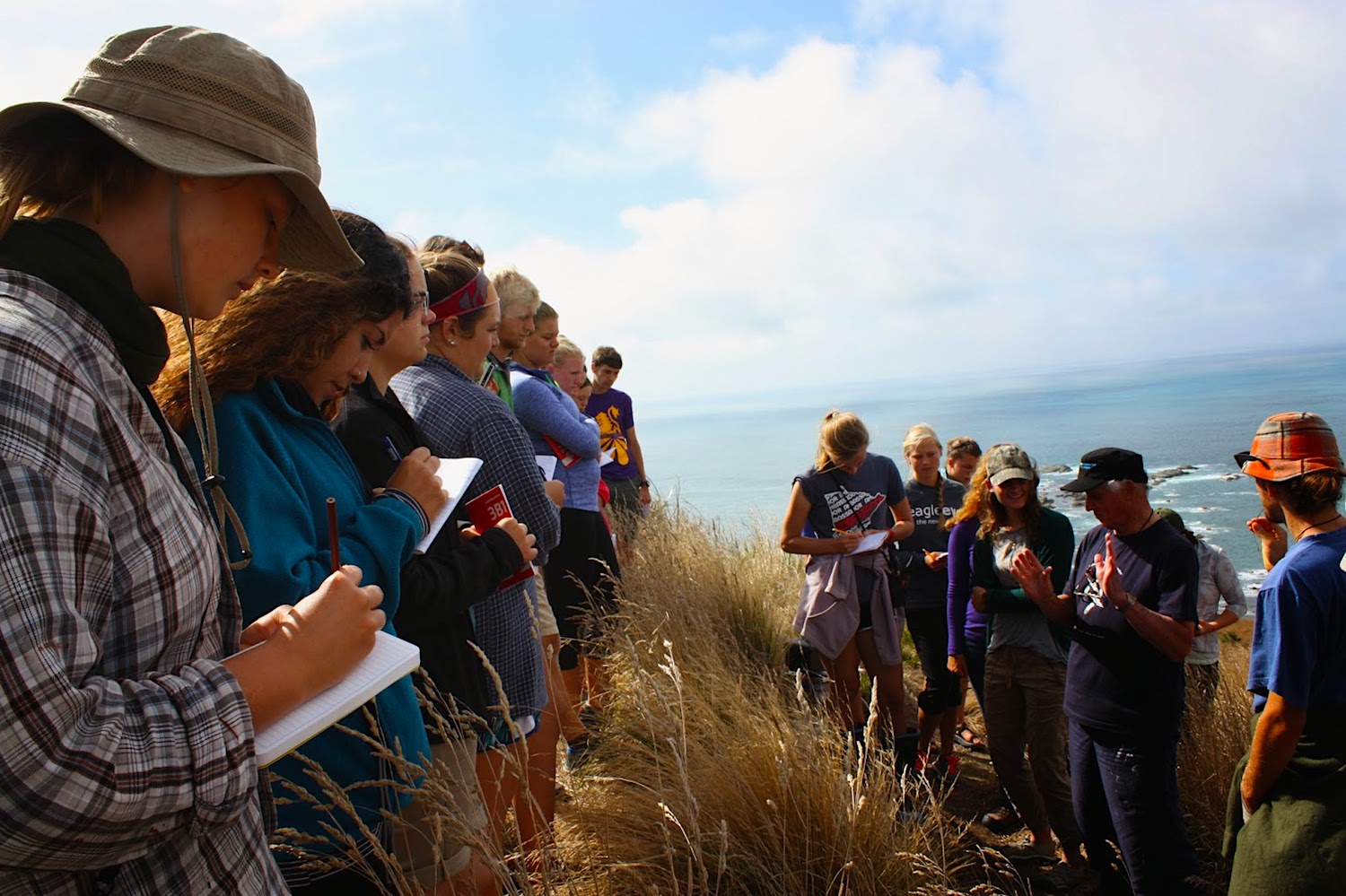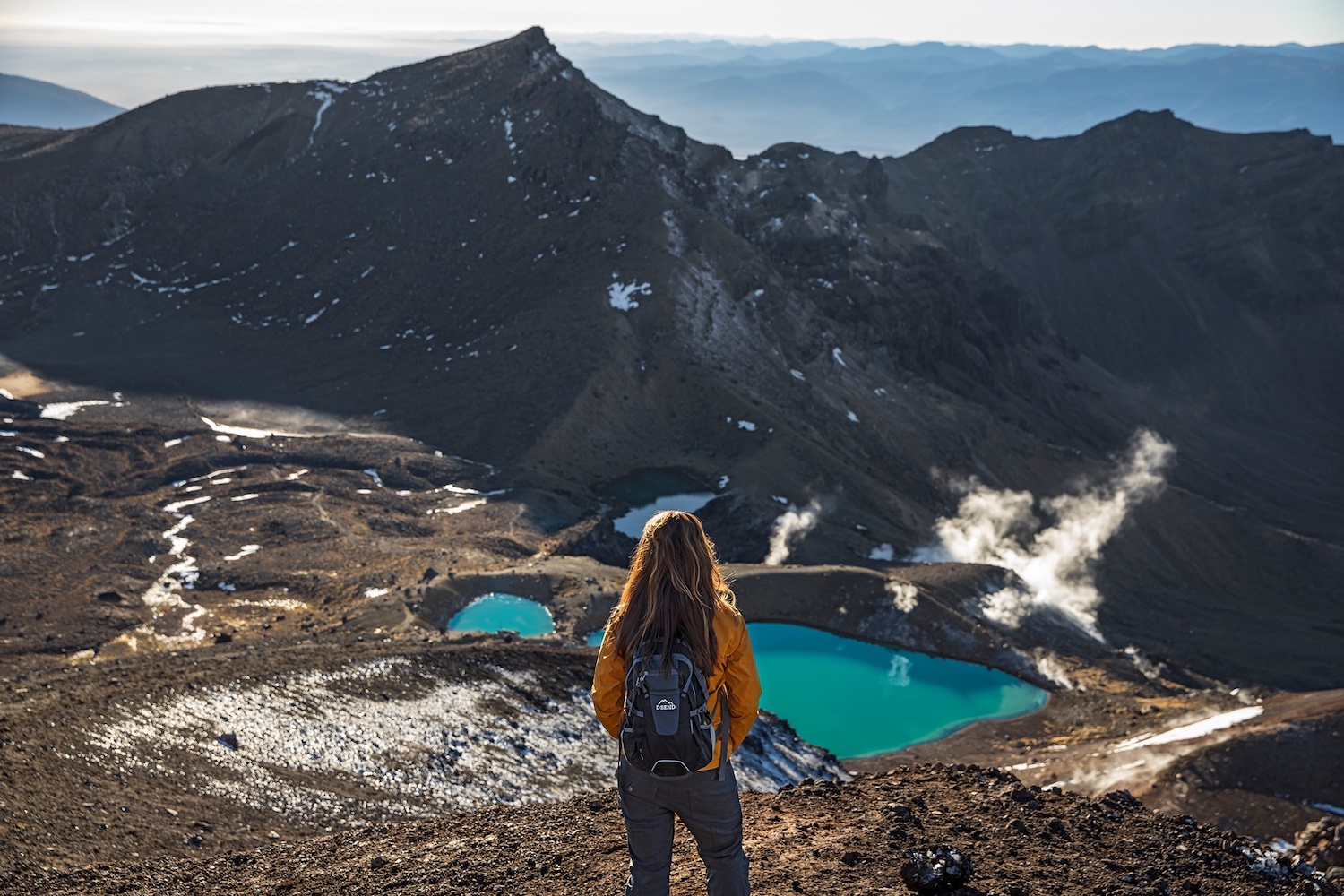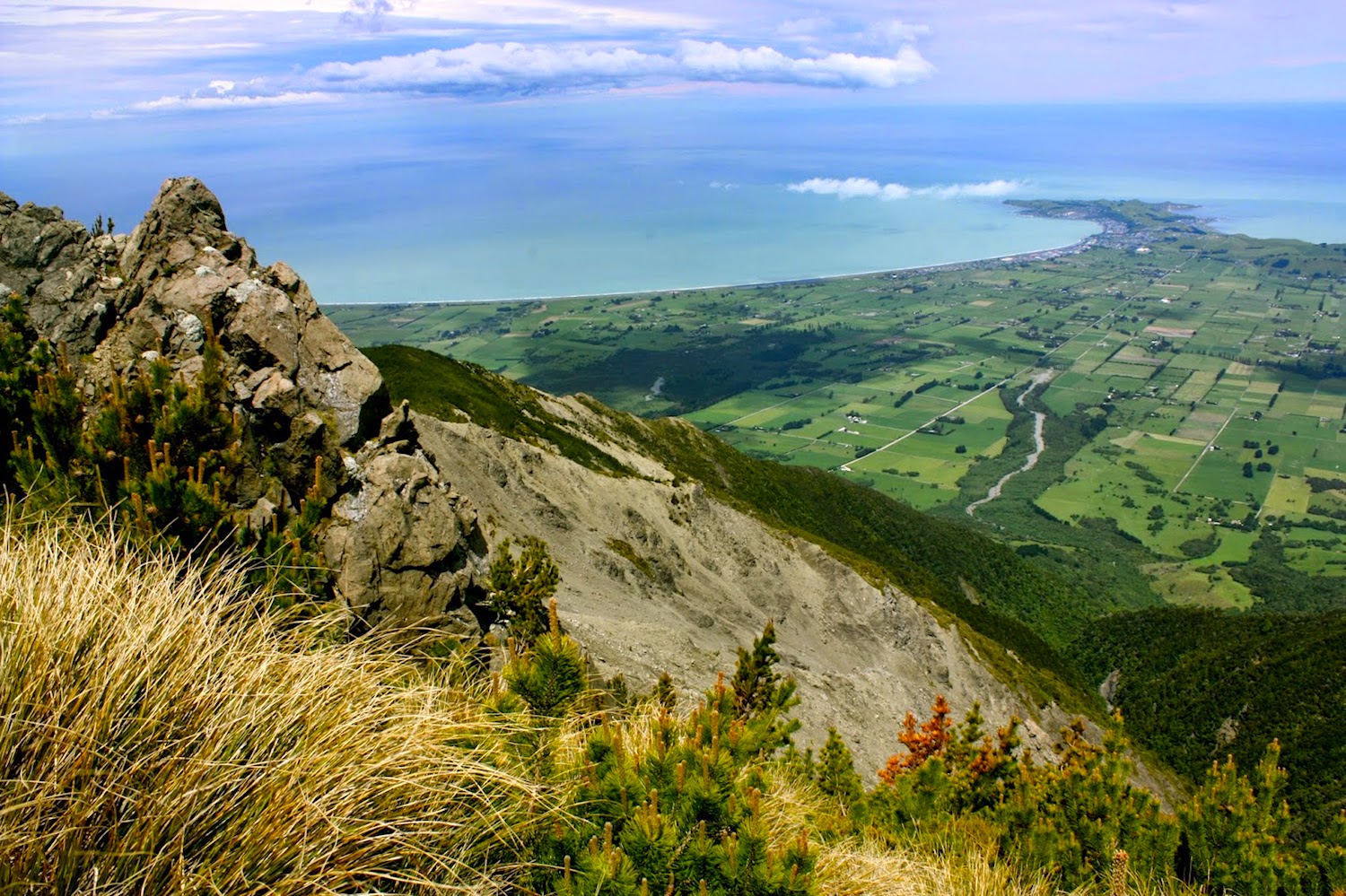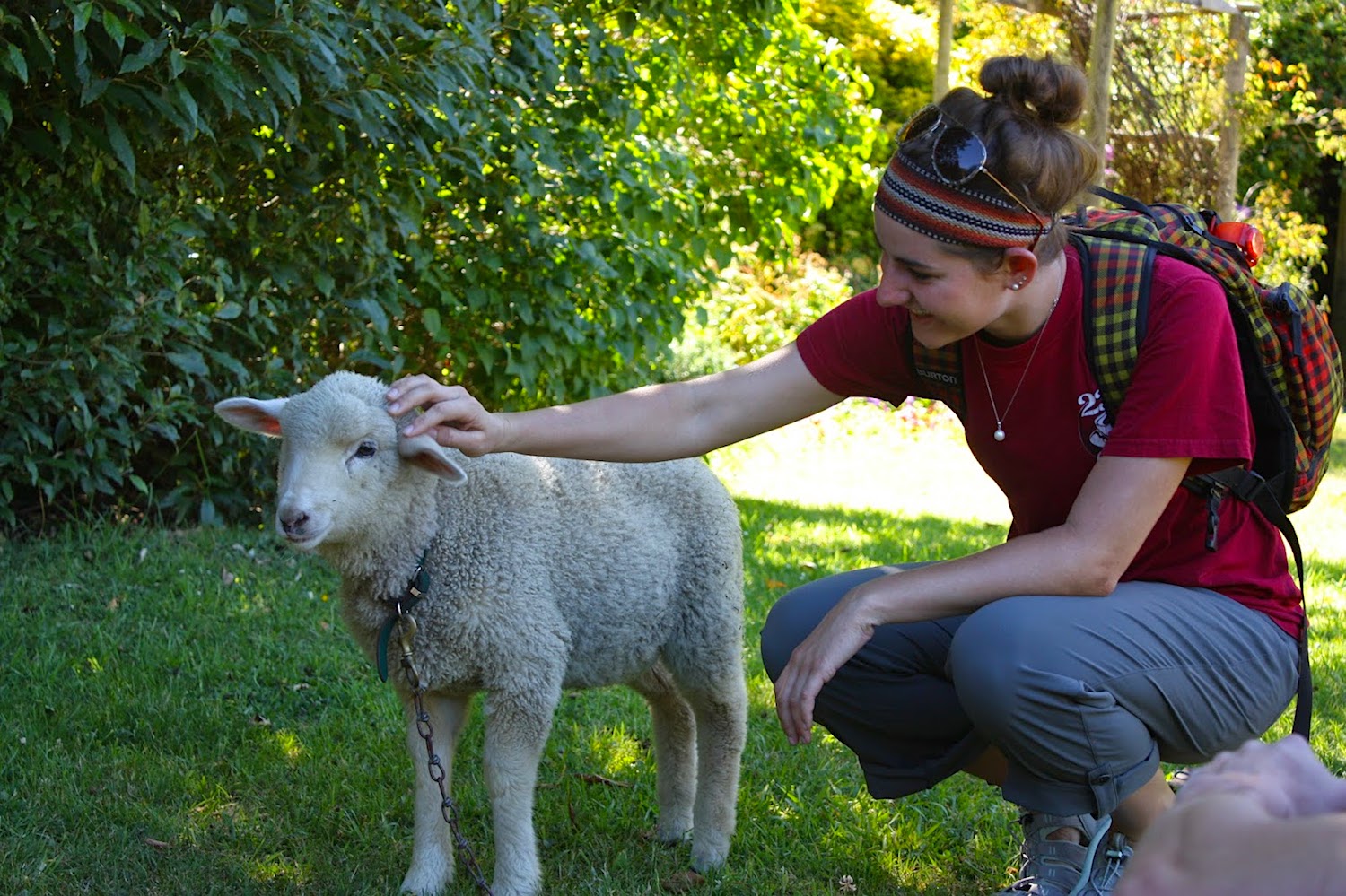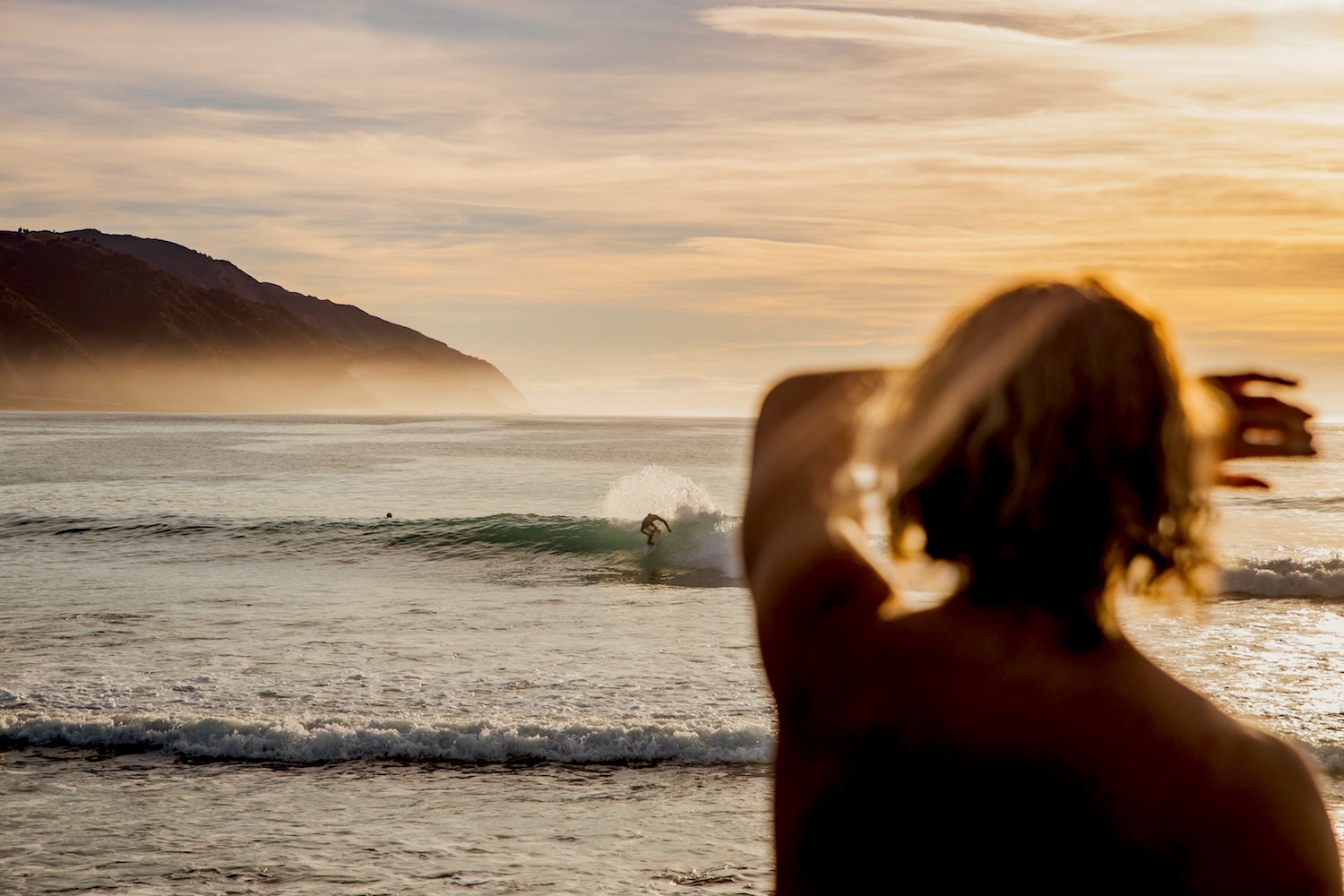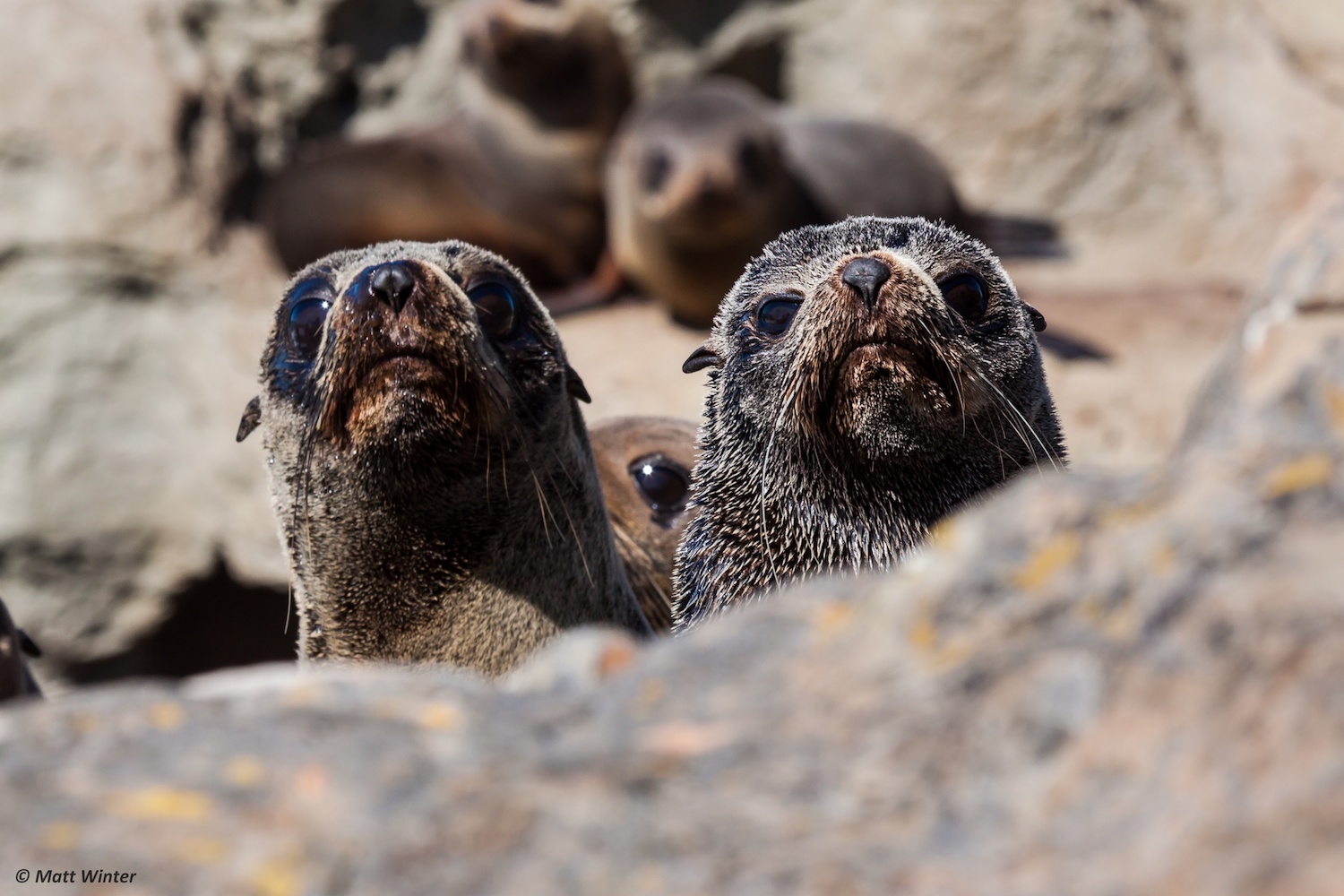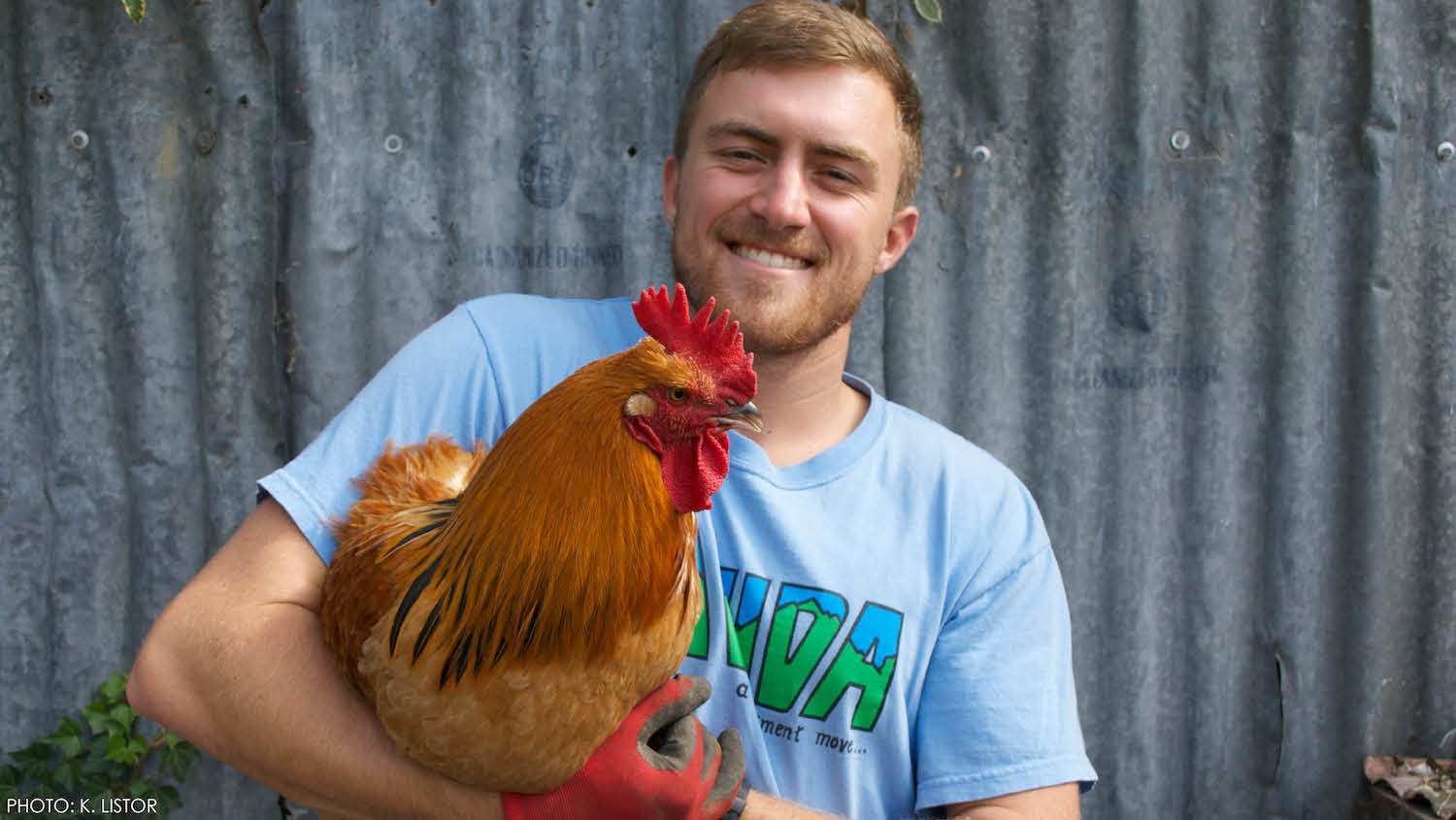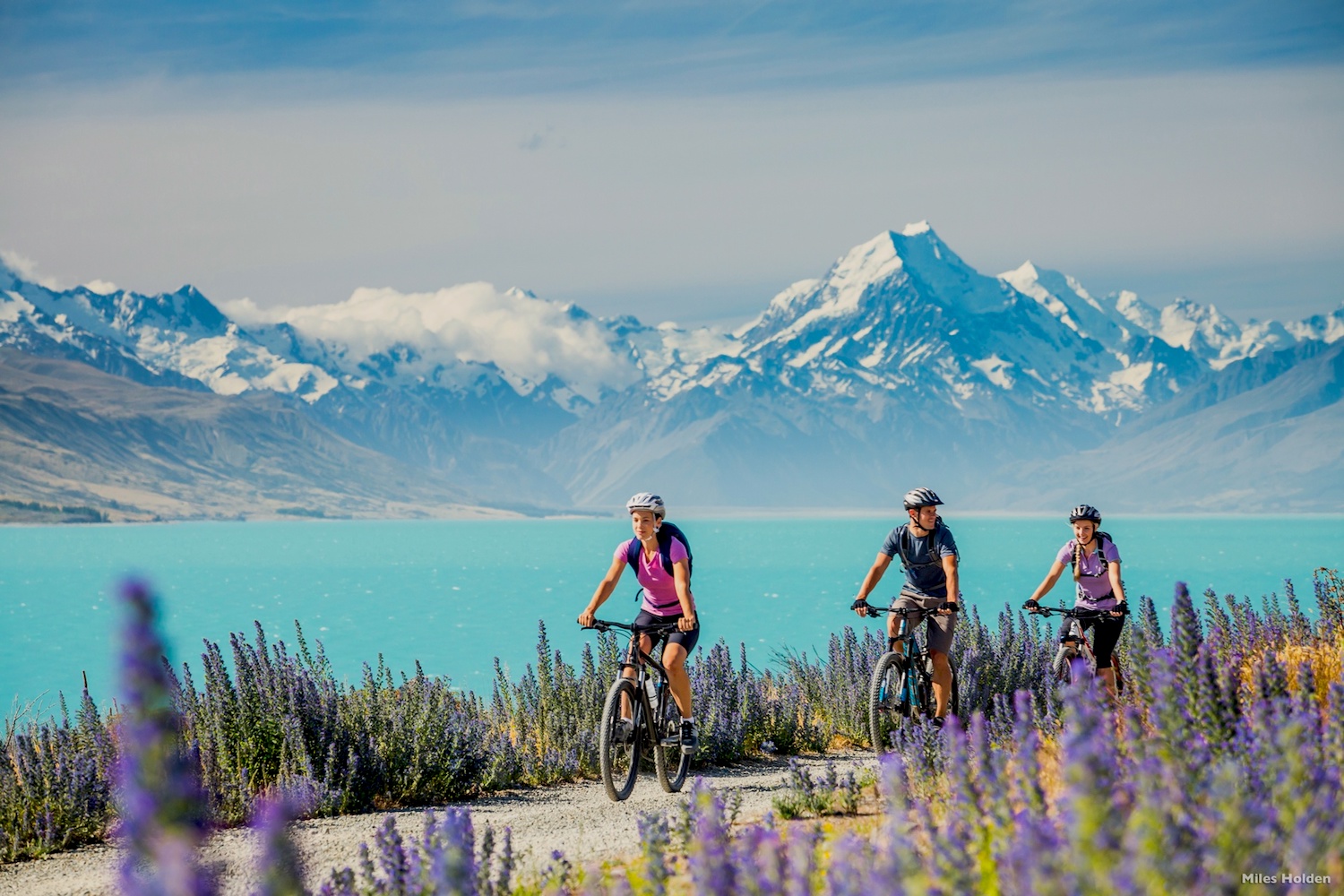New Zealand Program Overview
Nestled under the South Island’s snow capped Kaikoura range, but just a hop-skip-and a jump to the ocean, CCSP’s campus is the ideal setting for a New Zealand study program. Step outside the door and you'll be experiencing small-town Kiwi life. Walk across the street, or take one of our bikes for a short ride, and you’ll be at the beach where dolphins and seals frolic, and further off-shore whales are hunting. To learn more about CCSP's campus in Kaikoura click this link.
CCSP New Zealand isn’t just about fantastic individual experiences--although it is that, more importantly CCSP intentionally cultivates a living-learning Christian community of students, staff and faculty. To learn more about this important aspect of the New Zealand program please read this short description of community life.
Through ecological field studies, homestays, and participation in a diversity of cultural activities students explore the ecological and cultural diversity of New Zealand. Learning to sustainably care for both non-human creation and human communities tops off an academically rigorous and spiritually transformative semester.
Throughout the semester, the schedule also allows for independent exploration of New Zealand during breaks and free weekends. To learn more about field trips and travel click this link.
Overview of New Zealand Courses and Credits
God and Nature: 4 credit hours
New Zealand Ecosystems: 4 credit hours
Sustainable Community Development: 4 credit hours
Environmental Literature: 3 credit hours
Te Reo Maori: 1 credit hours
16 Total credit hours
Course Descriptions
God and Nature
COURSE CREDIT: 4 Credit Hrs
COURSE LEVEL: 300
Central to the mission of CCSP, this course helps students to develop a theology of creation that understands humans as stewards of the earth. Through the study of scripture, and other relevant texts, students explore the theology of creation, biblical stewardship, questions of faith and science, and Christian responses to current environmental problems.
New Zealand Ecosystems
COURSE CREDIT: 4 Credit Hrs
COURSE LEVEL: 300
In this field-based ecology course students not only explore New Zealand's facinating terrestrial and near-shore marine ecosystems, they also undertake an ecosystems research project. In addition to studying New Zealand ecosystems this course is also designed to help students scientifically apprehend a broad understanding of global environmental issues.
Sustainable Community Development
COURSE CREDIT: 4 Credit Hrs
COURSE LEVEL: 300
This course explores how knowledge of ecological systems, globalization, political economy, and the biblical worldview come together in the pursuit of development that is community-minded, just, and ecologically sustainable. Through readings, lectures and a one-week field trip to Wellington, the capital of New Zealand, students study complex issues in sustainable development such as the nexus of poverty, the environment, and justice, and the many practical challenges associated with sustainable community development.
Environmental Literature
COURSE CREDIT: 3 Credit Hrs
COURSE LEVEL: 300
This course introduces students to the landscape of environmental literature, both past and present, providing a solid grounding in the field. Through key readings, discussions, and reflections of various environmental literature forms including short story, essay, and poetry, students consider what makes literature "environmental" and why this field of literature was and is so important in shaping an earthy faith, and worldview.
Maori Language and Culture
COURSE CREDIT: 1 Credit Hrs
COURSE LEVEL: 100
We might ask, “Why choose to learn te reo Maori (the Maori language) if one is only in New Zealand for four months?” The answer lies in the close proximity of language and culture. Te reo Maori and tikanga Maori (Maori culture) are intertwined, and so learning te reo Maori allows students to access te ao Maori (the Maori world) and Maori world views. As students compare tikanga Maori with other cultures within New Zealand and overseas, they’ll develop an understanding of the central roles that language, culture, place and heritage play in shaping identity and in giving direction and meaning to life.
